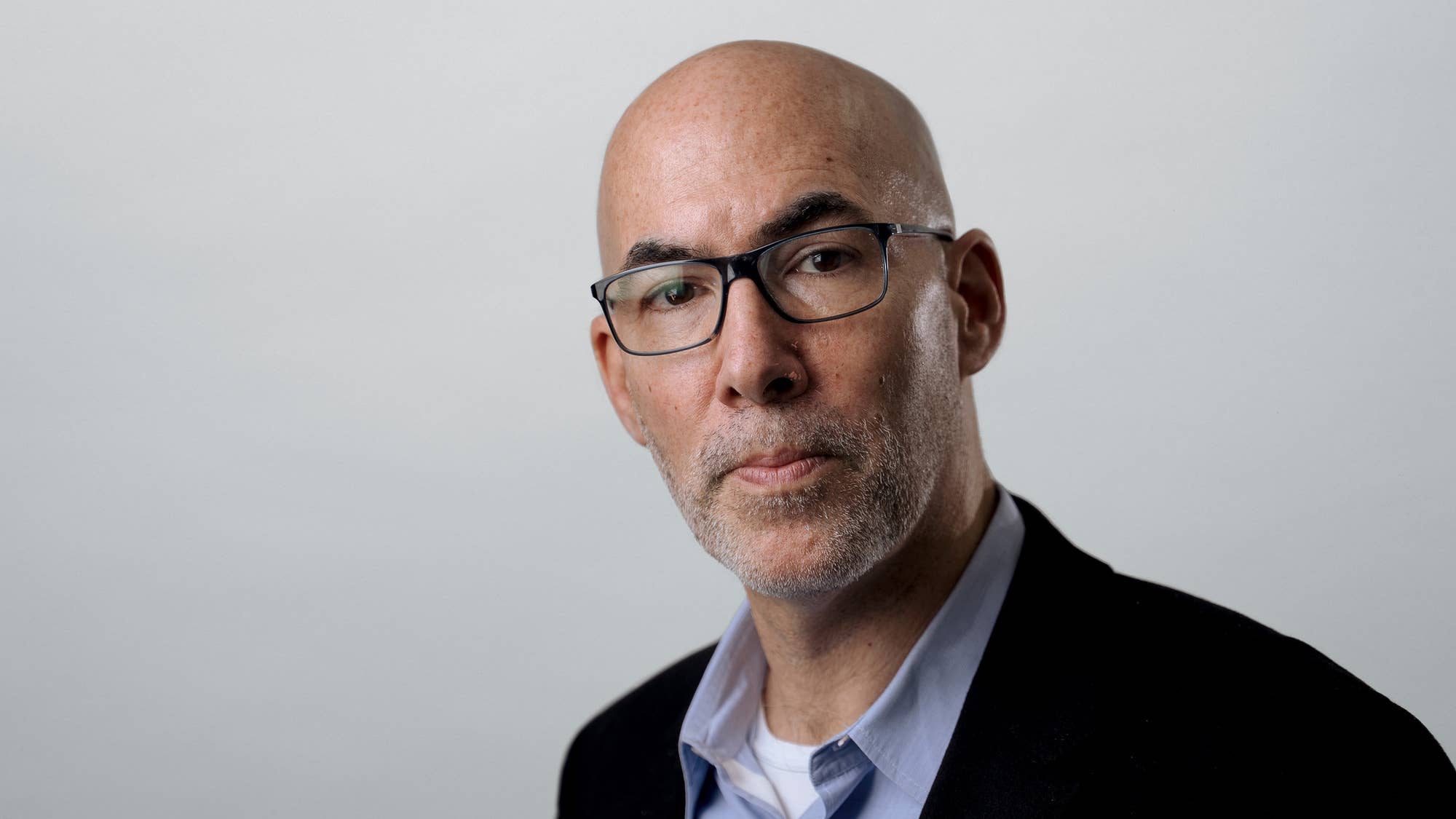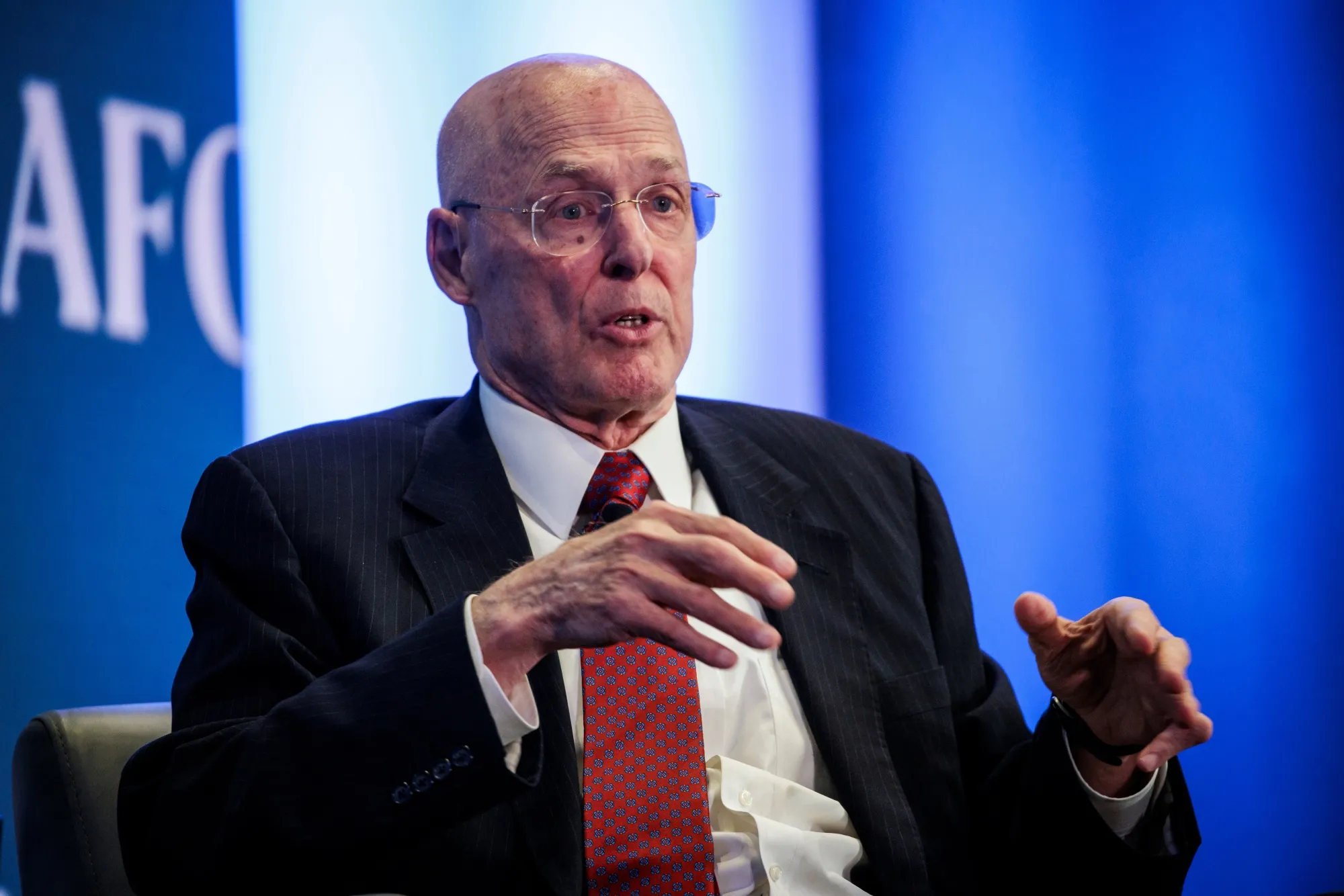China lags behind the advanced financial centers, but it has belatedly begun to open up and attract best-in-class foreign financial institutions. Its markets have governance and accounting issues to overcome, but Beijing is working to enhance its regulatory structure to meet global standards and provide greater transparency and better enforcement. China’s relatively quick recovery from the Covid-19 pandemic without a major fiscal stimulus has also allowed it to maintain higher interest rates and a stronger currency. This is attracting large investment inflows to Chinese stocks and other securities. Shanghai ranked first among global exchanges for number of IPOs and capital raised through the first nine months of 2020. These IPOs show that major fundraising can take place outside the U.S. financial ecosystem.
At the same time China is working to attract global capital, the U.S. is moving in the opposite direction. Ultimately, the strength of America’s capital markets rests on trust in the country’s stable macroeconomic and fiscal policies, and in the resilience of its open political system.







